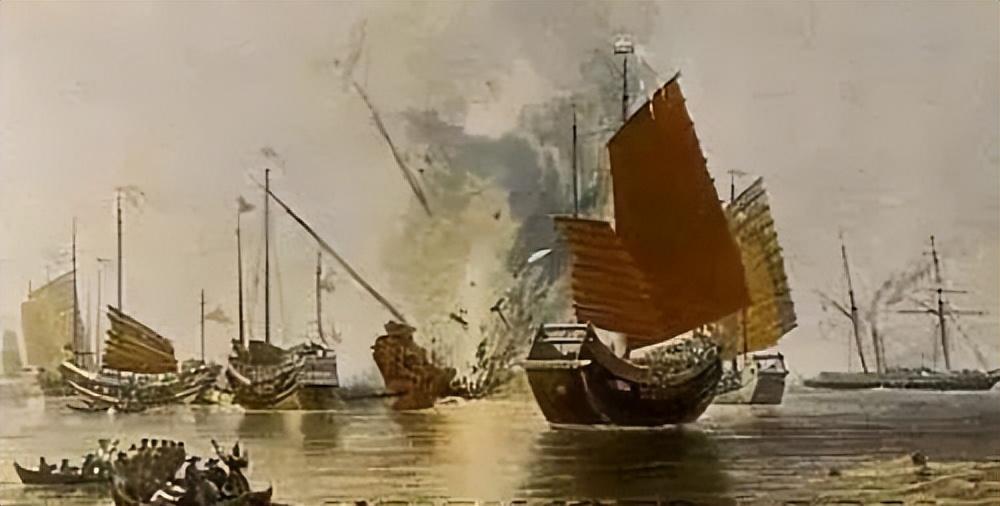China’s Common Sense of History: The Beginning of Modern China History

The modern history of China began in 1840. Before that, China society was a feudal society. After that, great changes have taken place in China society, which gradually became a semi-colonial and semi-feudal society.
In 1840, Britain launched the Opium War of aggression against China. After this war, capital-imperialism launched many wars of aggression against China one after another, such as the Anglo-French Allied War in 1957, the Sino-French War in 1884, the Sino-Japanese War in 1894, and Britain, the United States, Germany, France, Russia, Japan, Italy and Austria Eight-Nation Alliance in 1900. After defeating China by war, these invaders forced China to sign many unequal treaties, occupied many territories in China, and gained many economic, political and military privileges. They arbitrarily stationed troops in China, set up factories and banks, controlled customs, foreign trade and trade ports in China, preached, ran newspapers, set up schools and carried out other cultural invasions at will, and so on.
In order to suppress the resistance of the people in China, the invaders also colluded with the reactionary feudal rulers in China, making the feudal landlord class in China the mainstay of their rule in China. In this way, China has gradually changed from an independent country to a semi-colonial country. A modern history of China, that is, the bloody history of imperialism invading China and enslaving the people of China.
In the feudal society of China, the self-sufficient economy combining small-scale agriculture with handicraft industry occupied the main position. At that time, farmers not only produced the agricultural products they needed, but also produced most of the industrial products they needed. The commodity economy was underdeveloped. After the Opium War, the feudal economy was destroyed under the impact of foreign capitalism, farmers and craftsmen went bankrupt in large numbers, and the commodity economy developed. While the feudal economy was destroyed, a new economic relationship emerged, that is, capitalist economic relationship.
With the emergence and initial development of capitalist economy, in addition to the original landlord class and peasant class, two new classes have emerged in China society: the bourgeoisie and the proletariat. China society is not a complete feudal society, but a semi-feudal society. However, the purpose of imperialist aggression against China is to turn China into a colony, not to turn China into a capitalist country. They colluded with the feudal forces to oppress and hinder the development of capitalism in China. Therefore, in China society at this time, the feudal exploitation of peasants by the landlord class was still preserved, and the feudal relations of production still occupied a significant advantage. Under the double oppression of imperialism and feudalism, China’s economy and politics have never developed and progressed, and the people of China, especially the peasants, are getting poorer day by day. They live a cold and hungry life and have no political rights.
In this way, after the Opium War, China changed from an independent feudal country to a semi-colonial and semi-feudal country ruled by China feudal forces, and embarked on the road of colonization day by day.
From the time the foreign invaders launched an armed attack on China, the heroic and unyielding people of China also started their struggle against foreign invaders and feudal forces. The Opium War, the Taiping Heavenly Kingdom Movement, the Sino-French War, the Sino-Japanese War, the Reform Movement of 1898, the Boxer Rebellion and the Revolution of 1911 were all glorious struggles against foreign aggression in China’s modern history, which showed the great heroic struggle spirit of the China people against imperialism and feudalism. Therefore, the modern history of China is also a glorious history of China people’s indomitable resistance to imperialist aggression and feudal rule. (Rufeng)